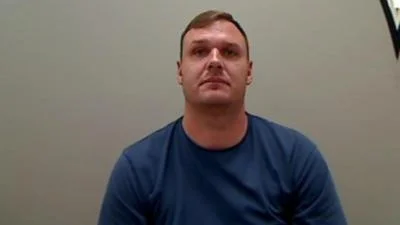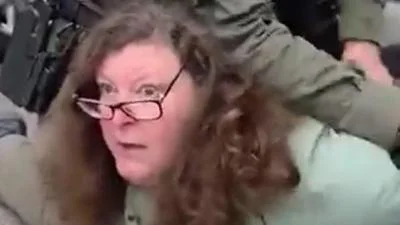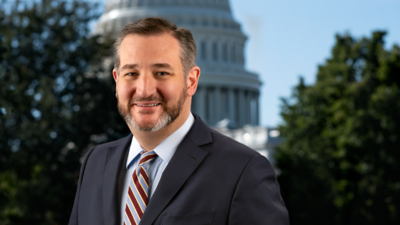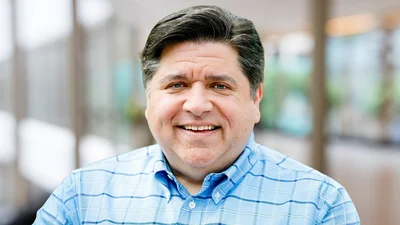“There are a lot of political jobs with public pensions that have been doled out, and we've been overstaffed for decades," David Krupa, Chicago committeeman, said. | Courtesy Photo
“There are a lot of political jobs with public pensions that have been doled out, and we've been overstaffed for decades," David Krupa, Chicago committeeman, said. | Courtesy Photo
Chicago committeeman David Krupa wants to see lawmakers in Springfield get out of their own way when it comes to getting the state’s ongoing pension debt crisis under control.
“Political favors, shortsightedness and gross incompetence are the things that got us into the mess we now face,” the 13th Ward Committeeman told Chicago City Wire. “There are a lot of political jobs with public pensions that have been doled out, and we've been overstaffed for decades."
Krupa says he’s not surprised by the findings uncovered in a new Wirepoints special report that details how taxpayers across the state are being forced to foot the bill for a $530 billion pension shortfall, which averages around $110,000 for every one of the state’s 4.9 million taxpaying households.
As all the debt has added up, Illinois has also seen its credit rating fall to the worst in the country; its property taxes rise the second-highest in the U.S.; and suffered the second-largest population decline in the country over the last decade.
Of the $530 billion in debt, according to Wirepoints, $122 billion is owed to Chicago and Cook county pensions and retiree health alone.
Krupa argues it’s long past time for action.
“I would implement a hiring freeze and include pension reform in the next budget,” he said. “I would also cut spending from places where it needs to happen, and that plan would have to carry over for multiple terms and be a bipartisan effort. We have to stop the bleeding now so the next generation isn’t on hook.”
At this point, Krupa said he isn’t sure if there can be a successful pension plan in the future that doesn’t still lean on taxpayers.
“That would have to be negotiated through the unions,” he added. “One thing that may help is better monitoring of how many people we have working in government. Right now we're overstaffed.”





 Alerts Sign-up
Alerts Sign-up